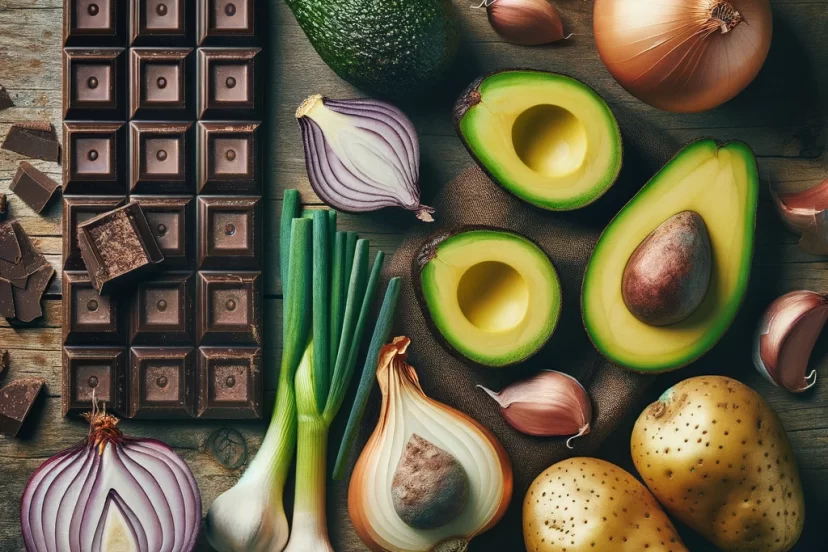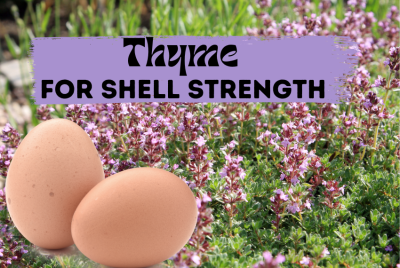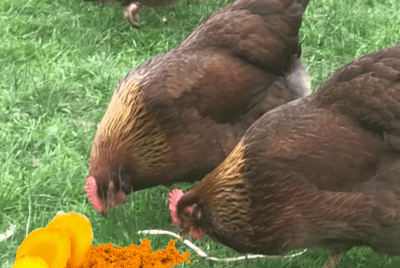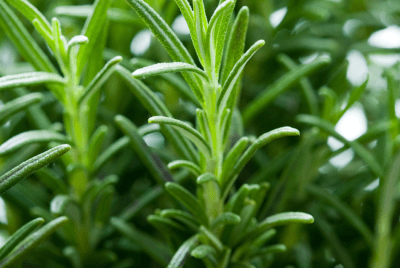5 Foods To Avoid Feeding Your Chickens
5 Foods To Avoid Feeding Your Chickens
1. Introduction: 5 Foods To Avoid Feeding Your Chickens
5 Foods To Avoid Feeding Your Chickens. It’s important to be mindful of what you feed your chickens as certain foods can be dangerous to their health. While chickens are known to eat almost anything, there are seven foods that you should never include in their diet. From chocolate to avocado, these items can harm your feathered friends and even prove to be fatal. By educating yourself on what to avoid, you can ensure that your chickens stay healthy and happy as they roam around your yard.
1.1. Key Takeaways about: 5 Foods T
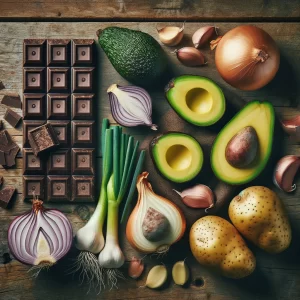
o Avoid Feeding Your Chickens
- Chocolate: Avoid feeding chocolate to your chickens as it can be toxic to them.
- Avocado: Stay clear of feeding avocado to your chickens as it contains a toxin called persin that can be harmful to them.
- Onions and Garlic: These foods can cause stomach upset and even anemia in chickens, so it’s best to avoid them.
- Salty Foods: Too much salt can be harmful to chickens, so avoid feeding them salty foods like chips and pretzels.
- Moldy or Rotten Foods: Never feed your chickens foods that are moldy or rotten as they can cause illness and even death.
2. The No-No List: 5 Foods To Avoid Feeding Your Chickens
2.1. Chocolate and Caffeinated Foods
Clearly, when it comes to your flock of chickens, chocolate and caffeinated foods should be kept far away from their feed. These items contain theobromine and caffeine, which can be toxic to chickens, leading to symptoms like increased heart rate, tremors, and even death.
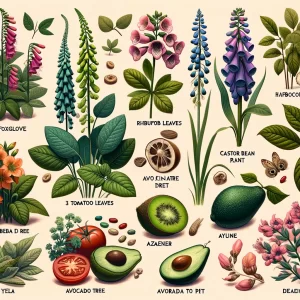
2.2. Toxic Plants and Seeds
Any toxic plants and seeds should never find their way into your chickens’ diet. Some common plants to avoid are avocado, nightshade plants like tomatoes and potatoes, and seeds from fruits like apples and peaches. These can cause digestive issues, respiratory problems, or even be fatal to your chickens.
The key to keeping your flock safe from toxic plants and seeds is to be aware of what grows in and around your chicken coop. Regularly inspect your flock’s surroundings and remove any potentially harmful plants. It is also imperative to properly store your chicken feed to prevent any contamination from toxic seeds.
With proper knowledge and vigilance, you can ensure that your chickens steer clear of dangerous plants and seeds while enjoying a healthy and happy life on your farm eating the foods and treats they cna have.
3. Kitchen Scraps and Chickens
3.1. Safe Table Scraps
You may be wondering what kitchen scraps are safe to feed your chickens. Kitchen scraps such as fruit and vegetable peels, cooked rice, pasta, and oatmeal are great options. These healthy treats are not only safe but also provide additional nutrients for your feathered friends.
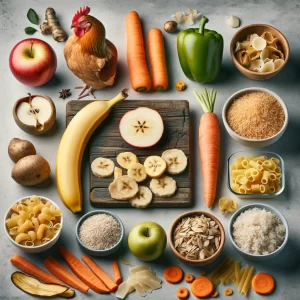
3.2. What Not to Hand Over from Your Plate
Scraps like avocado, chocolate, and salty snacks should be kept far away from your chickens. These items can be dangerous and even fatal to your flock if consumed. It’s best to avoid giving them anything with high levels of fat, salt, or sugar.
Another food item to steer clear of is green potato skins. When potatoes turn green, they produce a toxin called solanine, which can be harmful to chickens. It’s imperative to always monitor the quality of your kitchen scraps before offering them to your feathered friends.
4. Common Myths About Feeding Chickens
4.1. Debunking Chicken Diet Misconceptions
Despite the vast amount of information available on feeding chickens, there are still many misconceptions that can confuse poultry owners. One common myth is that chickens can eat anything and everything. In reality, chickens have specific dietary needs and should not be fed certain foods like chocolate, avocado, or dried beans.
4.2. How These Myths Can Harm Your Flock
To ensure the health and well-being of your flock, it’s important to debunk these myths that can potentially harm them. Feeding chickens foods that are toxic to them can lead to serious health issues, and in some cases, even death. Ignoring these myths and continuing to feed your chickens harmful foods can result in digestive problems, organ failure, and a decline in egg production.
Myths surrounding chicken diets can have dangerous consequences if not addressed. It’s important to educate yourself on proper chicken nutrition to provide your flock with a balanced diet that will keep them healthy and thriving for years to come.
5. Better Alternatives for a Healthy Flock
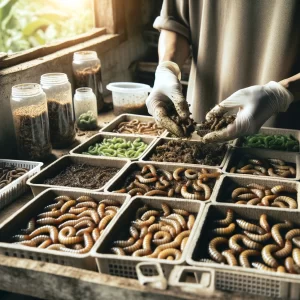
5.1. Nutritious Treats Your Chickens Will Love
Healthy treats are a great way to supplement your chickens’ diet and keep them happy. Instead of giving them processed foods, consider offering fruits and vegetables like berries, carrots, and leafy greens. Not only are these treats nutritious, but they also provide crucial vitamins and minerals that will boost your flock’s overall health.
5.2. Tips for a Balanced Chicken Diet
In the matter of ensuring your chickens have a balanced diet, remember to provide them with a mix of protein-rich foods like insects, mealworms, and legumes along with a good quality poultry feed. Supplement their diet with calcium sources like crushed eggshells or oyster shells to support their egg production. Varying their diet will help prevent nutrient deficiencies and keep them healthy. Recognizing the importance of a balanced diet will go a long way in maintaining a happy and thriving flock.
5. Summing up: 5 Foods To Avoid Feeding Your Chickens
Hence, it’s imperative to avoid these seven forbidden foods when feeding your chickens to ensure their health and well-being. By steering clear of items like avocado, chocolate, and salty snacks, you can protect your feathered friends from potential harm and keep them happy and thriving. Remember to provide a balanced diet of quality chicken feed, fresh water, and occasional treats like fruits and vegetables to keep your flock healthy and flourishing. With these tips in mind, you can enjoy a harmonious relationship with your chickens and watch them grow into strong and contented birds.
FAQ’s about 5 Foods To Avoid Feeding Your Chickens
Q: Why is it important to avoid certain foods when feeding chickens?
A: It is important to avoid certain foods when feeding chickens to ensure their health and well-being. Some foods can be harmful or even toxic to chickens, so it’s important to know what not to feed them.
Q: What are the 7 forbidden foods for chickens?
A: The 7 forbidden foods for chickens are chocolate, avocado, onions, apple seeds, citrus fruits, raw beans, and processed foods high in salt, sugar, or additives.
Q: Why should chocolate be avoided when feeding chickens?
A: Chocolate contains theobromine and caffeine, which are toxic to chickens and can lead to various health issues, including heart problems and even death.
Q: Can chickens eat avocado?
A: No, chickens should not eat avocado as it contains a compound called persin, which is toxic to birds and can cause respiratory distress, heart failure, and death.
Q: Why are onions and garlic harmful to chickens?
A: Onions and garlic contain compounds that can damage a chicken’s red blood cells, leading to anemia and other health problems. It’s best to avoid feeding these foods to chickens.

